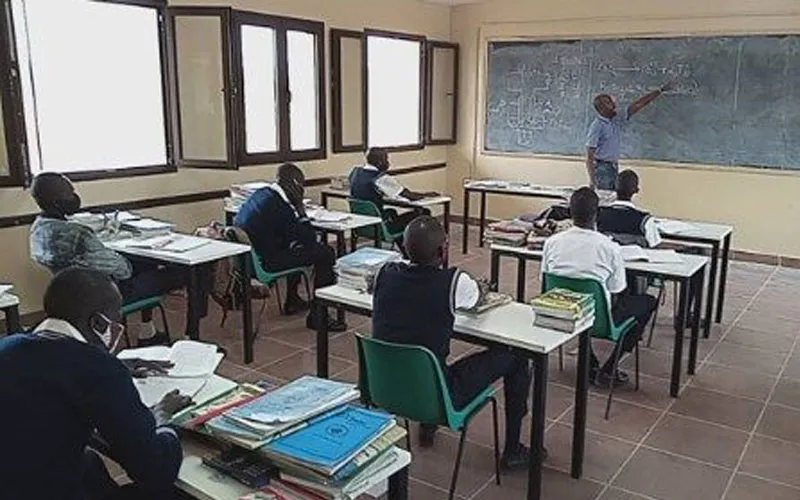Juba, 20 March, 2021 / 12:30 pm (ACI Africa).
Closure of schools in South Sudan owing to COVID-19 has exposed children in the East-Central African nation to numerous societal dangers, the head of a Catholic school in the country has said, noting that the children are safer in schools, coronavirus pandemic notwithstanding.
In an interview with Vatican News, the Director of the La Salle School in South Sudan’s Diocese of Rumbek (DoR), Br. Joseph Alak, underscored the need to weigh between keeping children in the country safe from COVID-19 infections and keeping them at home where, he said, they are at a greater risk.
“Since the COVID-19 pandemic is not yet over, reopening schools has been a difficult issue to consider. However, it is crucial to balance the extremely harmful effects of school closures on children with the need to control the spread of COVID-19,” Br. Alak said.
The La Salle Brother added, “Yes, children are at risk of infection, and yes, this is terrifying for us. However, the vast majority of children, if infected, show mild symptoms and recover well. And the risks to them of keeping schools closed outweigh the health risks caused by the pandemic.”
“We now know more about children and COVID-19 than we did before, and we know that children are less likely to get very sick,” he further said.








